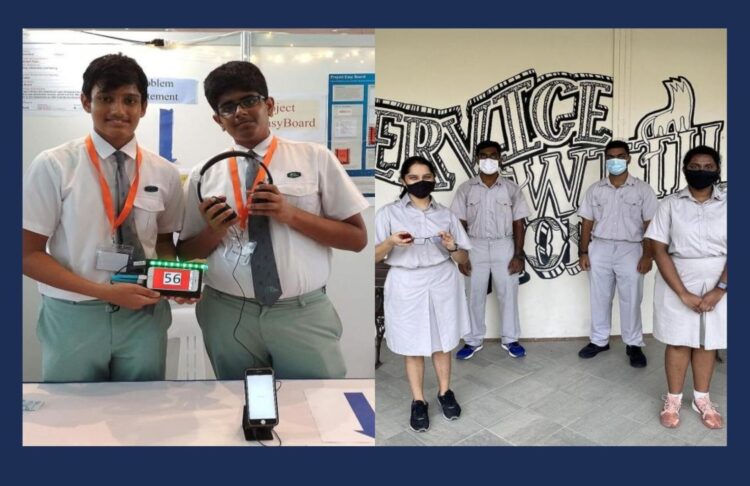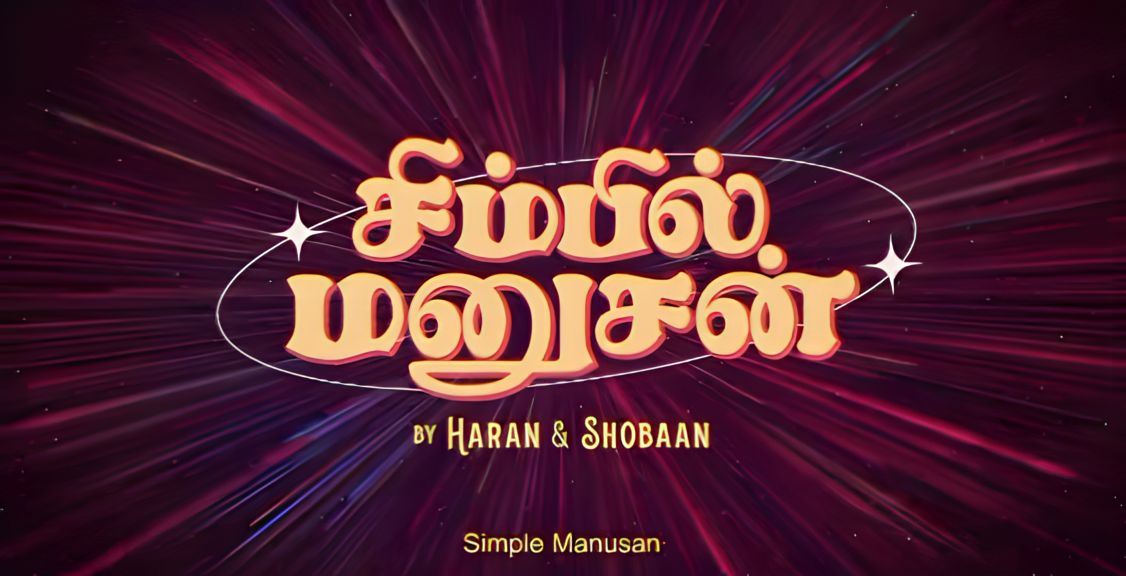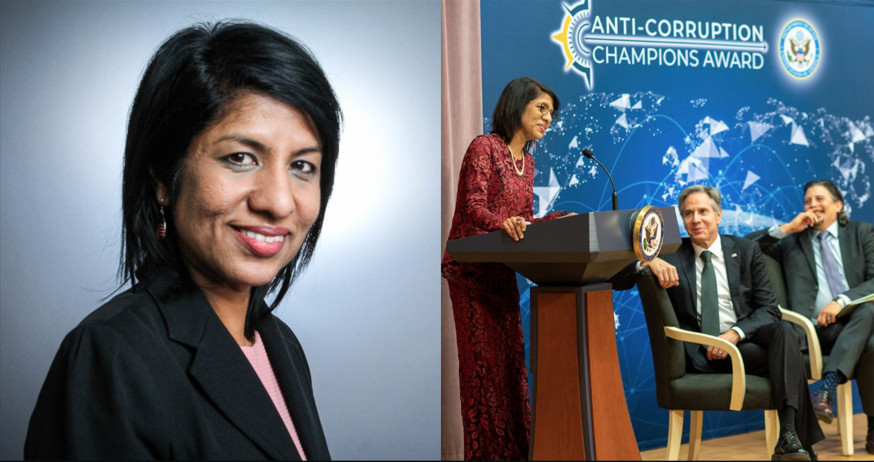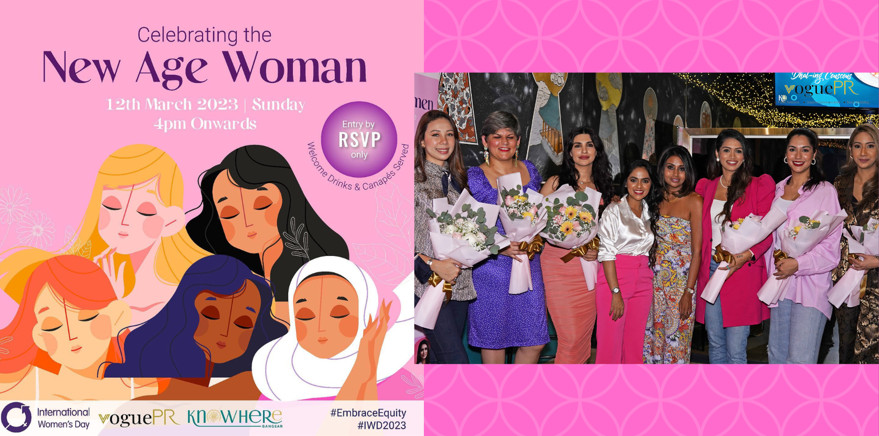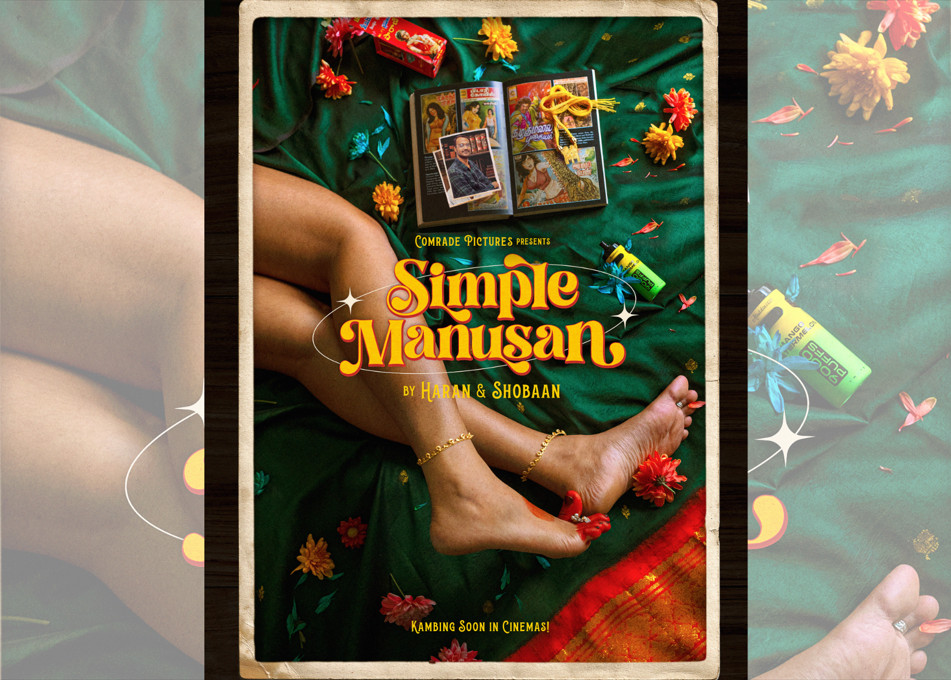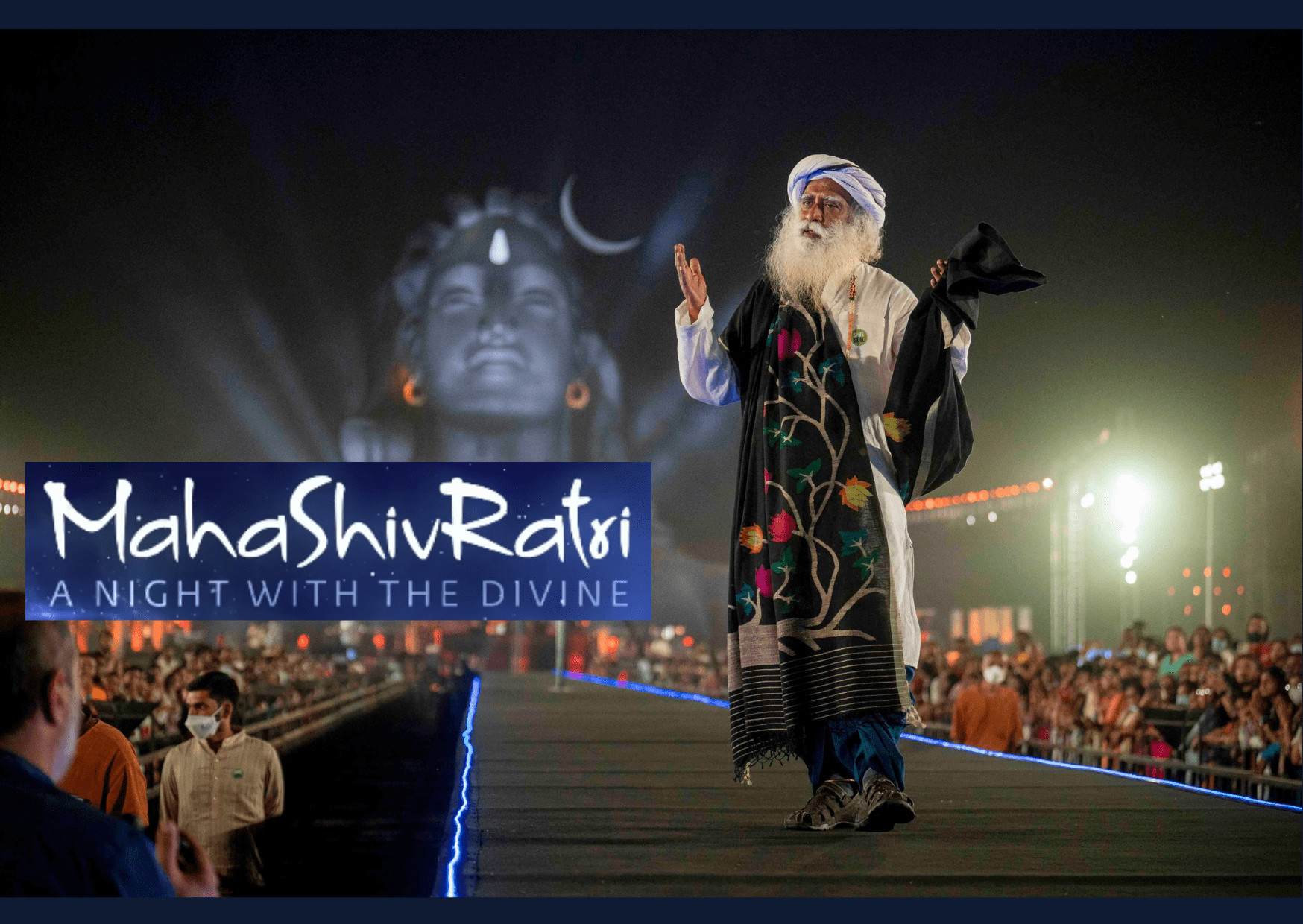With technology at our fingertips, we’ve never had it so convenient to improve accessibility in our daily lives. Ingenious and creative apps are helping to enhance people’s lives, increase inclusion, and aid in the participation of new activities as people become more connected than ever.
We’re all familiar with apps like Google Maps that help users make their way across the country – but what if you need assistance as a disabled person?
Apps might well be life-changing for disabled people especially those with Down syndrome and hearing problems. Well fear not – Anirudh Eswara and Shriniket Subramanian, students of NUS High designed the Easy Board and EyeHear app to help those with Down Syndrome and hearing impairment.
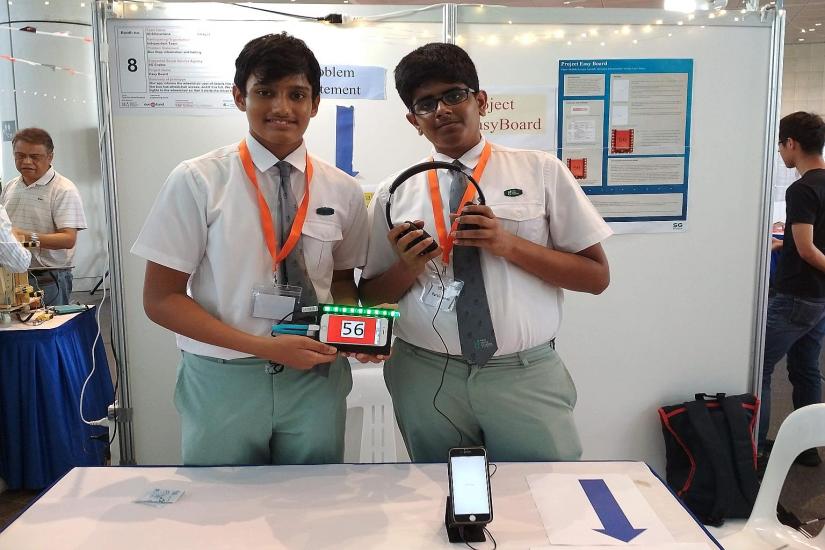
Engineering Good, a non-profit organisation that empowers underprivileged communities via humanitarian engineering, collaborated with The Asia Foundation and Google.org to create Easy Board and EyeHear as part of the Tech for Good Innovation Challenge. The 18-year-old students created Easy Board, which is known as a stress-relieving app for people with Down syndrome who travel and commute to and from their respective destinations by themselves.
Distraction, unable to comprehend more than three bits of information at a time, and a tendency to fret are three major issues encountered by those with Down Syndrome while travelling alone. Perhaps that’s the main reason why this app was incepted, with the aim of providing assistance to help those with Down Syndrome resolve navigating issues.
“Our motive of creating this app is to assist disable people who travel to be independent, relaying less on others,” said Anirudh.
Meanwhile, second-year NJC students Bharagth Ravindhran, Kabileshwaran Krishna Kumar, Deenadayalan Amirthaa, and Sindhura Rajiv Jain have grabbed the opportunity by participating in the Tech for Good Innovation Challenge platform to create an app called EyeHear to help people living with hearing impairments. It transforms voice to text (much like movie subtitles) and helps hearing-impaired people to conduct less distracting face-to-face discussions.
Conversations will be picked up using the EyeHear app on the user’s phone, and the speech will be transformed to text in real time on their phone screens.
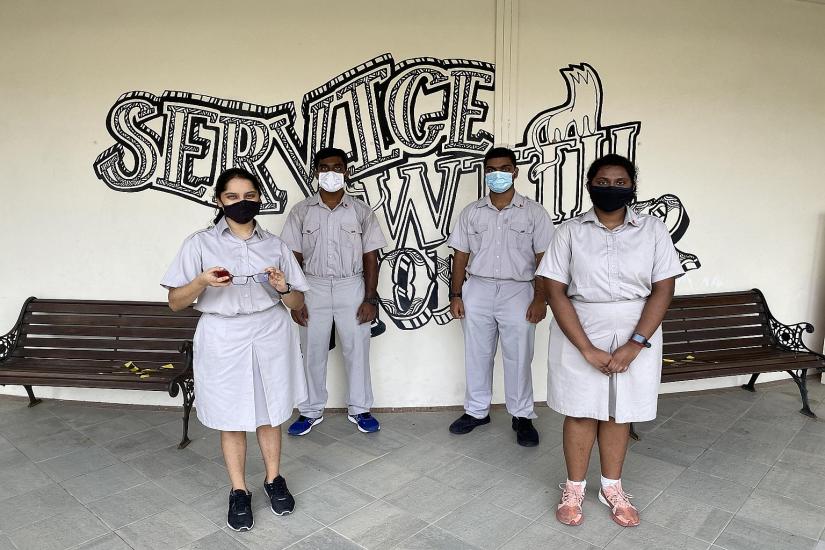
“Our community has a lot of technical advancements for people with impairments,” said Amirthaa.
However, there aren’t many options for those who live with hearing impairments.
Due to the current pandemic, the entire team is faced with a drawback where they aren’t able to test the apps on said individuals. With the help of Google.org, the apps were completed in six months.
Professor Stephen Hawking, a well-known physicist who was also physically disabled, stated that:
I’m lucky to be born in the computer age, without computers my life would have been miserable and my scientific career impossible. Technology continues to empower people of all abilities.”
With this in mind, the students who have invented the apps are just at the tip of the iceberg when it comes to inventing quality apps to make life a little easier.
Source: Tabla
Follow us on Instagram, Facebook or Telegram for more updates and breaking news.


